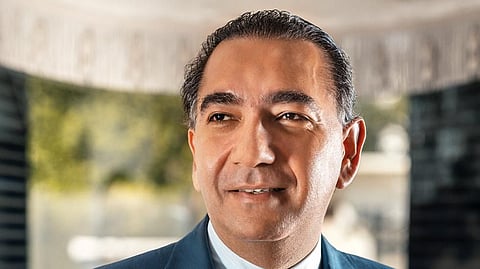Murtaza Hashwani: The human side of things keeps us going
Dubai-based Murtaza Hashwani, chairman of the award-winning Hashoo Foundation, a nonprofit that works extensively to address humanitarian and social concerns in communities across Pakistan, tells Anand Raj OK how his foundation’s initiatives are impacting less privileged people
Last updated:
7 MIN READ

Up Next




